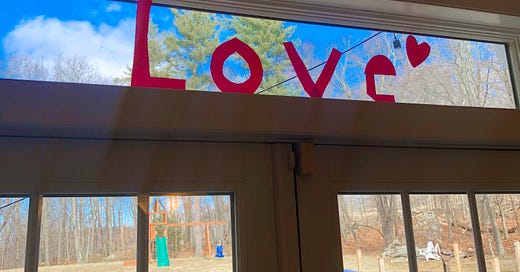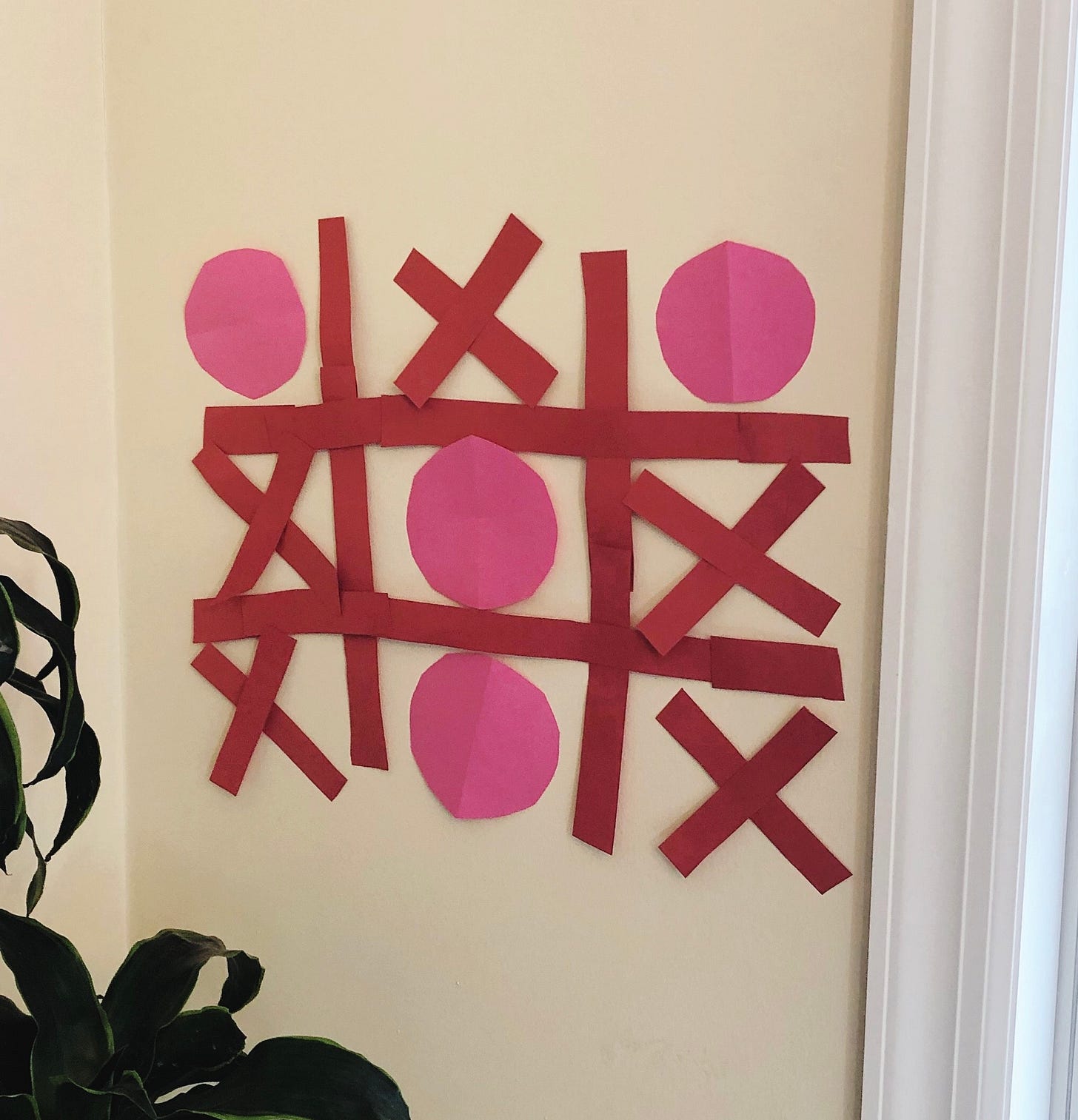Okay, let’s talk about Valentine’s Day. At this point in my life, I can honestly say I don’t mind it and sometimes kind of like it, but that’s because I have privileges that are rewarded on February 14th: I’m a heterosexual woman in a happy, stable partnership. But I remember what the day felt like when I was single, and I worry about the values the holiday is teaching my kids.
The culture surrounding Valentine’s Day emphasizes that romance and partnership are integral to a person’s value. When I didn’t receive a valentine on February 14th in my youth, I felt loss and shame — the message was that if you’re not dating someone, or are not the object of someone’s affection, or are not heterosexual, you are somehow less deserving of nice things.
I know this take is not new, and I know there are alternatives like Galentine’s Day (which, to be perfectly honest, I still don’t fully understand). But the emphasis on romance and partnership persists: My 8-year-old has been talking about nothing but romance and love over the past month and decorating the house with various heart-shaped decorations, and my 11-year-old told me yesterday that he was worried about going to school today because “it will be weird.”
Yes. It’s weird — and unfair — to be excluded from a celebration because of your relationship status or sexuality.
Yet Valentine’s Day isn’t necessarily great for couples, either. In a fascinating study, researchers at Arizona State University surveyed college students about their relationships over two-week periods throughout the school year — in September, November, February (right around Valentine’s Day) and April. They found that, controlling for other variables, the odds of breaking up were 5.49 times greater in the weeks surrounding Valentine’s Day compared with the other months.
The researchers theorized that Valentine’s Day incites break-ups if relationships aren’t going well — which in some cases may be a good thing. But they also noted that “a good number of our couples might have otherwise survived the downward blip in relationship expectations and quality had it not been for the catalytic effects of Valentine’s Day.”
Romance itself can be a double-edged sword, too. Women are often taught that it signifies commitment, but research suggests some men merely consider it a “means to sexual access.” (I mean, nobody’s surprised.) Romance is also frequently conflated with controlling behavior — the guy who wants to know where is girlfriend is at all times, or who tells his girlfriend what to wear, is considered sweet and devoted, rather than creepy and controlling — and research suggests that women who believe romance is central to a good life are more likely to end up in controlling and abusive relationships. (If you’ve been reading my newsletter for a while, you also know what the science says about chivalry.)
Perhaps unsurprisingly, then, studies find that feminists end up happier in their relationships than non-feminists, probably because they are less likely to wind up with assholes. Men tend to be happier in relationships with feminists, too.
Look, I’m not trying to poop all over your Valentine’s Day. If you are having a lovely and romantic day, that’s wonderful! There is nothing wrong with celebrating love. My husband brought me a bunch of beautiful pink tulips last night, and they are on display in my kitchen and make me smile.
I do, however, think it’s valuable to consider the hidden messages that holidays like Valentine’s Day send us and how those messages might affect others — especially because we are raising kids who are getting these messages too. I want my kids to know that they shouldn’t depend on other people to make them whole or fulfill their dreams, and that whom they love — or don’t love — doesn’t define them or their worth.
Related posts:
In today’s Parenting Advice Hot Take, I’m discussing this Instagram post from @Wired.for.wellbeing that has nearly 10K likes:
Here are my thoughts.







